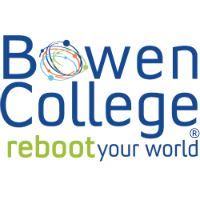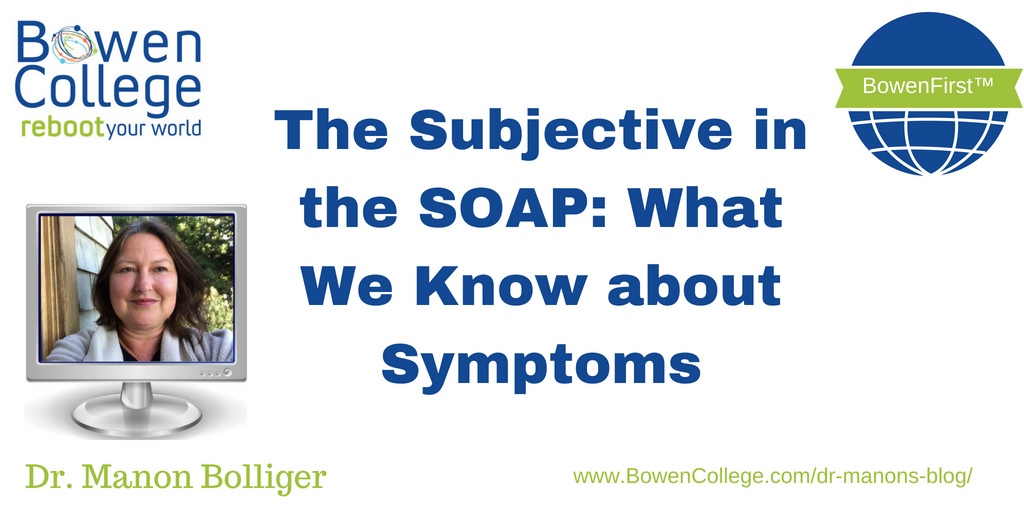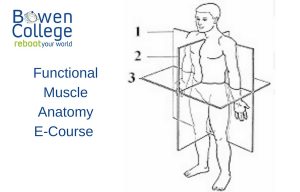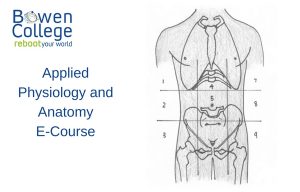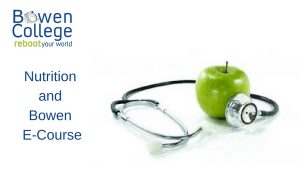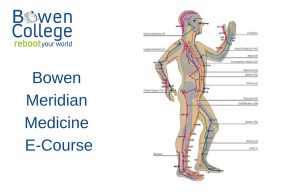Over the next few posts, I’m going to introduce you to four key ideas that we have to understand to make a path to a better health care approach. These are the “SOAP” (i.e., Subjective, Objective, Assessment, and Plan) notes doctors take during their initial patient interview. This standard protocol, as we’ll see, is fraught with assumptions that impede the doctor-patient relationship if not examined.
Today we’ll examine the patient’s “subjective” suppositions and stories. “Subjective” is based on suppositions: what we perceive is woven out of the fabric of our reference points, determining our interpretation of our experiences. The degree of consciousness we have towards the “stories” we tell about our lives and our health ultimately determines our degree of agency in healing. The account of “reality” is the result of our personal experiences, which we make sense of by reference to the conceptual framework from which we operate.
In health, the framework is the point of reference, based on conscious and unconscious extrapolations of possible etiologies and presumed outcomes. It is in the subjective experience of disease, and the underlying assumptions, not the objective findings, in which true assessment and prescription are found. Until those presumptions are clearly expressed and acknowledged by both patient and doctor, there is little support for healing.
It is my experience that this subjective account of “illness” informs the objectives of the patient and should influence the assessment of the prescription. Most of our learning in the subtleties of the application of medicine will come from really listening to the patient’s subjective experiences of their symptoms and, through dialogue, making a subtle shift that allows for greater consciousness. In the final analysis, our subjective worlds contain the only “truth” we will ever know.
In the next post, we’ll look more closely at the deceptive notion of “objective” symptoms.
